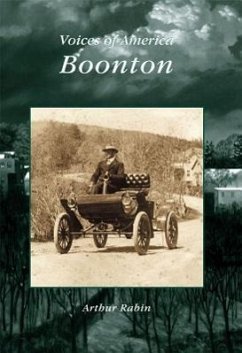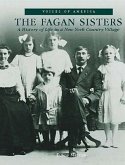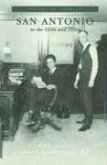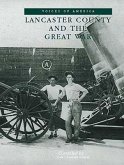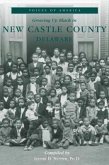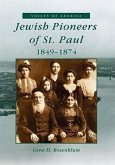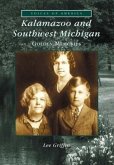"In 1830," Isaac S. Lyon wrote, "Boonton was one of the wildest, rockiest, briariest and most romantic places that the mind of man could imagine." More than a century later, a visitor told his wife, "May, you should see that town of Boonton. The whole Main Street is on a hill. I never saw a town with a Main Street on a hill." These were the first impressions of a town built upon the foundation of its ironworks and "iron town," populated by hardy, self-reliant men and women. Among the earliest immigrants were the English, recruited by the New Jersey Iron Company in 1830 and numbering about thirty families. Within the next two decades, Irish laborers came to work in the mills, followed by Slovaks in the 1890s, and Italians, Poles, and Germans around the beginning of the 1900s. Two smaller groups were African Americans, some of whose ancestors had come to Boonton 150 years earlier, and Jews, who arrived c. 1900 and later. In Boonton, the descendants of these early families and newcomers reveal the Boonton of yesterday and today, and anticipate the Boonton of tomorrow. Among them is a retired kindergarten teacher who was greeted by the local "fellas" when she got off the bus in Boonton for the first time at age twenty-one. A ninety-four-yearold recalls his experiences eighty years ago as a truck driver, running molasses for the local gin mills. An eighty-one-year-old tells of the activities of the Ku Klux Klan in the 1920s, and a woman remembers the horror of the 1918 flu epidemic.
Hinweis: Dieser Artikel kann nur an eine deutsche Lieferadresse ausgeliefert werden.
Hinweis: Dieser Artikel kann nur an eine deutsche Lieferadresse ausgeliefert werden.

